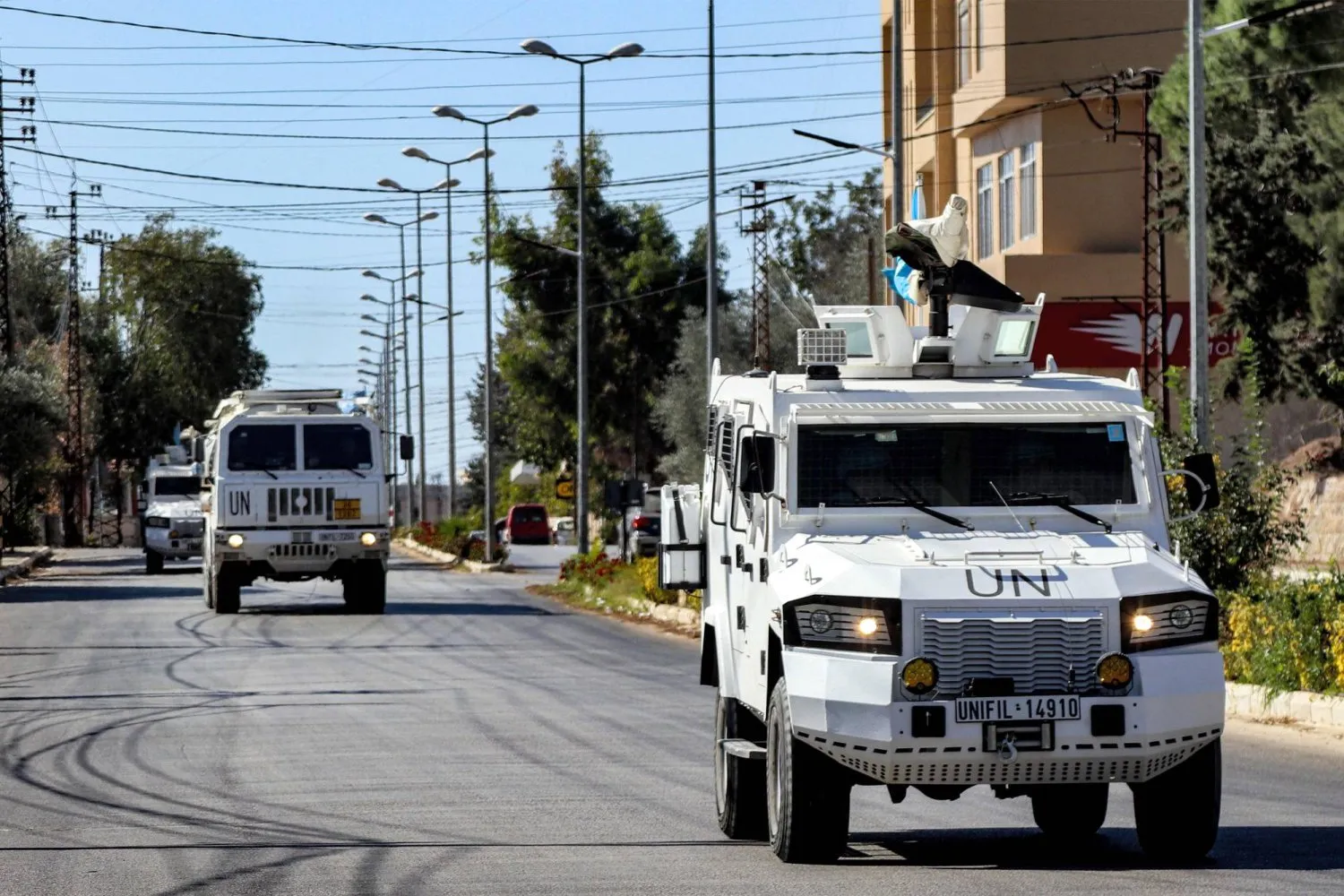Western countries have floated the idea of deploying international forces to Lebanon alongside the country's army in case of a ceasefire between Israel and Hezbollah, a Western diplomat said on Wednesday.
Since Sept. 23, Israel has stepped up its airstrikes on Hezbollah strongholds in the southern suburbs of Beirut and in the south and east of the country and has launched a ground operation into the south. In one month, the war has killed at least 1,552 people in Lebanon.
“What is needed right now is a ceasefire and a presence trusted by both sides -- this could be the Lebanese army with international forces,” the diplomat told AFP, requesting anonymity as the matter is sensitive.
Some 9,500 peacekeepers with the United Nations Interim Force in Lebanon (UNIFIL) are already deployed in the country's south.
UNIFIL has accused Israel's military of firing on its positions in recent weeks.
On a visit to Beirut on Monday, US envoy Amos Hochstein said that “both sides simply committing to 1701 is just not enough.”
“We have to put things in place that would allow for confidence that it will be implemented for everyone,” he added.
UN Security Council Resolution 1701 ended the 2006 war between Israel and Hezbollah and called for the deployment of only Lebanese government forces and UNIFIL peacekeepers in south Lebanon.
Lebanese media outlets have reported discussions on bolstering the UN resolution's implementation, dubbing such an option as “1701-plus,” or adding an annex to the existing UN decision.
The Western diplomat told AFP that “the push towards a 1701-plus is a reflection of the reality that neither side implemented” the resolution.
Last week, Lebanese Prime Minister Najib Mikati said Lebanon was ready to bolster the army in the south after a ceasefire is reached with Israel.
“Partners of Lebanon have already been supporting the Lebanese army and are looking very concretely into how they can support it further... in the context of a ceasefire and long-term diplomatic agreement,” the diplomat said.









